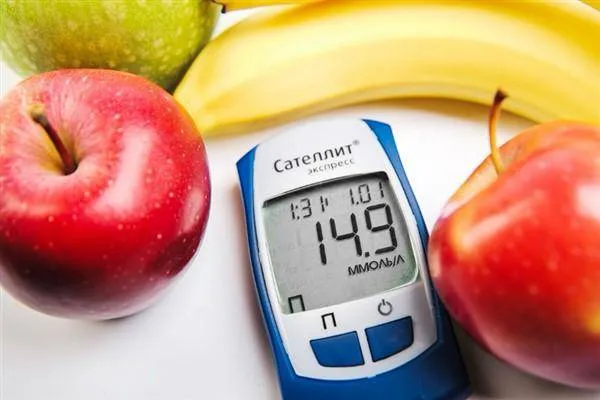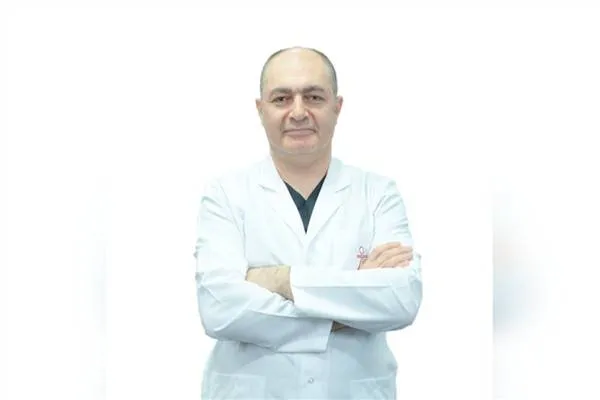The Reason for Inability to Lose Weight Could Be Insulin Resistance
Dr. Yusuf Emre Uzun, Internal Medicine Specialist at Liv Hospital, made explanations about insulin resistance.
Dr. Yusuf Emre Uzun emphasized that the most important function of the insulin hormone is to ensure the uptake and utilization of glucose, i.e., sugar in the bloodstream by cells. He said, "In the presence of insulin resistance, where the insulin hormone cannot exhibit its biological effects, tasks related to fat metabolism are exaggeratedly performed, leading to fat accumulation in the abdominal region. People with insulin resistance have lower tolerance for hunger, easily gain weight but have difficulty losing it. Temporary/physiological insulin resistance can occur in situations like puberty and pregnancy."
Dr. Yusuf Emre Uzun explained the reasons for the development of insulin resistance as follows:
"Excessive calorie intake: People with insulin resistance have lower hunger tolerance, easily gain weight but have difficulty losing it.
Sedentary lifestyle: Sedentary living increases insulin resistance, and exercise is a good treatment option.
Obesity: This is the most significant cause of insulin resistance. Obesity leads to insulin resistance, but insulin resistance does not cause obesity.
Genetic factors: The higher prevalence of insulin resistance or type 2 diabetes in first-degree relatives indicates that genetic factors play an essential role. The presence of insulin resistance can make weight loss more challenging."
Dr. Yusuf Emre Uzun noted that with insulin resistance, one might experience post-meal drowsiness, frequent hunger and cravings, skin darkening, irregular menstruation in women, excessive hair growth, and other complaints.
Dr. Yusuf Emre Uzun stated that for the diagnosis of insulin resistance, "knowledge of the patient about insulin resistance and related conditions, measurement of weight, height, body mass index, waist circumference, blood pressure, fasting blood sugar, postprandial blood sugar, fasting insulin level, oral glucose tolerance test, hemoglobin A1C, cholesterol, and in some special cases, further advanced tests may be necessary, depending on the doctor's discretion.".
British News Agency
















